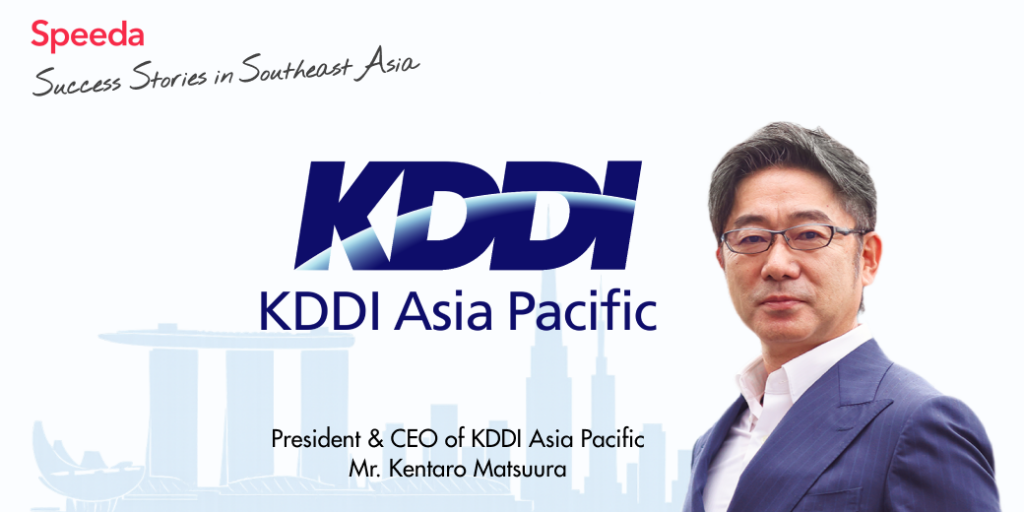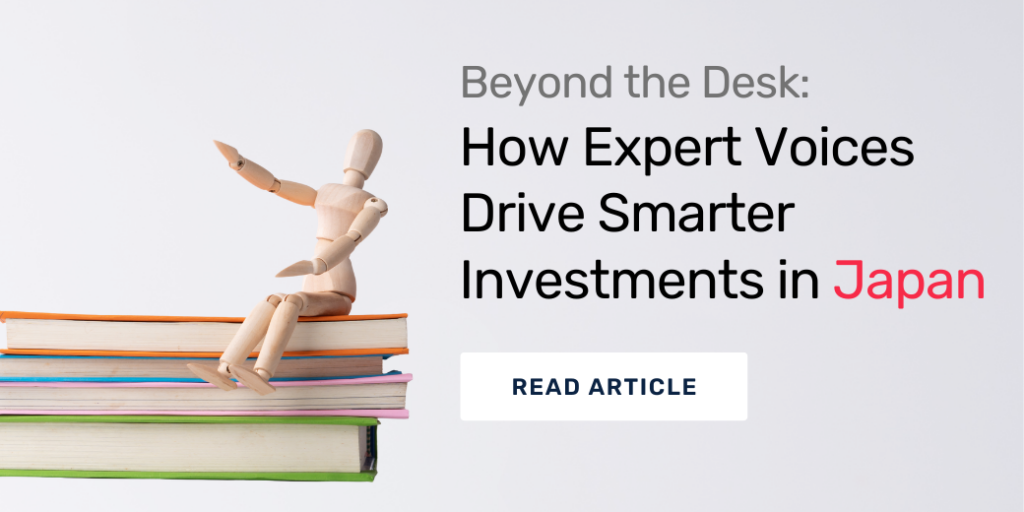Resource Center
Why do I Need to Get Company Information

Company Information is a Must for Smart Business Decisions
In today’s increasingly complex and interconnected business environment, reliable company information is not a luxury—it’s a necessity. From financial professionals to corporate strategists, accurate company data underpins critical decisions that can impact valuation, growth, and compliance.
For audit and accounting firms, access to company information is essential for ensuring compliant and defensible transfer pricing strategies, especially when dealing with cross-border operations. Private equity and M&A firms rely on detailed corporate profiles and financial disclosures to conduct thorough due diligence and meet regulatory requirements before executing deals. Meanwhile, business corporations use company data for competitive analysis, market sizing, and internal business valuation to inform strategic planning and expansion decisions.
This is particularly crucial in Southeast Asia, where markets like Singapore, Malaysia, Vietnam, and Thailand present growing opportunities—but challenges such as fragmented data access and unstructured, analysis-unfriendly information persist. Local regulatory systems often operate in silos, and company filings—especially for private firms—can be difficult or costly to obtain in large quantities.
Investors and business owners who leverage comprehensive, timely, and verified company data gain a competitive edge. With insights grounded in fact, they can identify new opportunities, mitigate risk, and allocate capital more effectively.
This is why having access to a trusted source of accurate company information isn’t just helpful—it’s fundamental to making smarter, faster, and more profitable decisions in the Southeast Asian market.
Accurate Data Strengthens Strategy, Expansion, and Negotiation
Company information does more than fill spreadsheets—it drives strategic decisions that shape a business’s future. In high-growth, dynamic markets like Southeast Asia, where competition is fierce and transparency is often limited, having access to reliable company data is a powerful business advantage.
Strategic planning begins with understanding your environment. Whether entering a new market or expanding within a region, knowing who your competitors are, how they operate, and where they’re growing allows for more targeted and informed planning. Businesses can identify gaps in the market, align offerings with demand, and prioritise geographies with the highest growth potential.
When it comes to negotiation—especially in mergers, partnerships, or supplier deals—detailed company profiles and financials provide leverage. Understanding a counterparty’s financial position, ownership structure, or historical transactions can shift the power dynamic and inform more confident decision-making.
For companies eyeing Southeast Asia, robust company data is key to navigating complex local regulations and assessing market fit. Regulatory bodies across Singapore, Thailand, Vietnam, and Malaysia often require extensive documentation and local validation, which means businesses must be well-prepared to ensure compliance from the outset.
Moreover, accurate company data helps organisations avoid legal pitfalls and streamline approvals, making market entry smoother and more efficient. With the right information at hand, businesses reduce risk, save time, and create sustainable growth strategies tailored to Southeast Asia’s diverse landscape.
Not All Company Data Sources Can Be Trusted
Accessing company information may seem straightforward at first, but the quality, reliability, and depth of data can vary significantly depending on the source. Understanding where to look—and the limitations of each option—is key to making informed, confident business decisions.
| Free Internet Sources: Fast but Shallow
Sources like news articles, press releases, and social media channels offer timely updates and public sentiment. These sources, however, often lack depth and are not designed for structured business analysis. Information may be fragmented, biased, or outdated—posing risks for professionals who rely on facts to guide financial or strategic actions.
| Primary Sources: Official but Inconsistent
Sources directly from companies or government officials generally offer more credibility. Company websites may publish annual reports, press releases, and leadership updates, but these typically highlight favourable information and rarely include detailed financials, ownership structures, or risk factors. Government databases such as Singapore’s ACRA (Accounting and Corporate Regulatory Authority, Thailand’s DBD DataWarehouse, Vietnam’s National Business Registration Portal, and Malaysia’s SSM (Suruhanjaya Syarikat Malaysia) provide official records like registration details, ownership, and basic filings. While these are authoritative, they’re often presented in local languages, vary by country in scope and accessibility, and rarely offer cross-border comparability. For more information regarding these government databases, please check out our article on “How to Find Private Company Data for ASEAN Countries”.
| Third-Party Platforms: Structured but With a Price Tag
While internet and primary sources can be easily accessible, their lack of structured and business-focused data sets can lead to inefficient data gathering and analysis. This is where third-party database platforms excel. They consolidate official data and enhance it with structured, up-to-date, and searchable insights. For professionals working across Southeast Asia, these platforms reduce the burden of manual research, eliminate inconsistencies, and deliver comprehensive company profiles that support better decision-making. Nevertheless, these platforms incur higher costs compared to free or primary sources.
Cracking the Code on Private Company Data Access
Not all companies are created equal when it comes to data availability. While public companies are required to disclose extensive financials, shareholder information, and operational insights, the majority of businesses in Southeast Asia—especially small and medium-sized enterprises (SMEs)—are privately held, making access to reliable information far more challenging.
Public companies benefit from transparency regulations. Their annual reports, investor presentations, and stock exchange filings offer a wealth of detail, often audited and readily available in English. This allows analysts and investors to assess financial health, compare competitors, and make data-driven decisions with confidence.
In contrast, private companies—especially SMEs—tend to operate under far less scrutiny. They are not required to publish detailed accounts, and often only basic registration data is available through local government databases. Even then, filings may be limited, irregular, or available only in the local language. As a result, financial professionals often rely on fragmented sources such as industry reports, interviews, or local business networks—adding time, cost, and uncertainty to the research process.
Southeast Asia adds another layer of complexity. Each country follows its own reporting standards, accessibility rules, and regulatory processes. For professionals working regionally, this fragmented landscape demands a unified solution. Platforms like Speeda address these gaps with structured, multilingual, and cross-border company data—especially for hard-to-find private companies—making it easier to analyse, compare, and act with clarity in Southeast Asia.
Turn Verified Company Data Into Business Wins
As investment stakes rise and regional opportunities become more nuanced, gaining timely and reliable company information has shifted from a nice-to-have to a non-negotiable. Whether for strategic planning, due diligence, or market entry, clear and comprehensive data forms the backbone of confident business decisions.
While public sources and official filings offer a starting point, they often fall short—especially in Southeast Asia, where private companies dominate the economic landscape. The challenges of inconsistent regulations, local-language barriers, and limited disclosure make it difficult for professionals to rely on traditional research methods alone.
This is where Speeda comes in. By consolidating millions of private company records across the ASEAN-6 and beyond, Speeda eliminates the guesswork and legwork involved in company research. Its intuitive platform provides structured, reliable, and up-to-date insights—covering everything from key financials to competitor landscapes, ownership structures, and M&A activity.
For investors, consultants, and corporate strategists operating in Singapore, Thailand, Vietnam, Malaysia, and the wider ASEAN region, Speeda offers a powerful, all-in-one solution to uncover opportunities and reduce risk. Rather than piecing together fragmented data, you gain instant access to trusted information that supports faster, smarter decisions.
Explore Speeda today — and turn better company information into your next strategic edge.



























